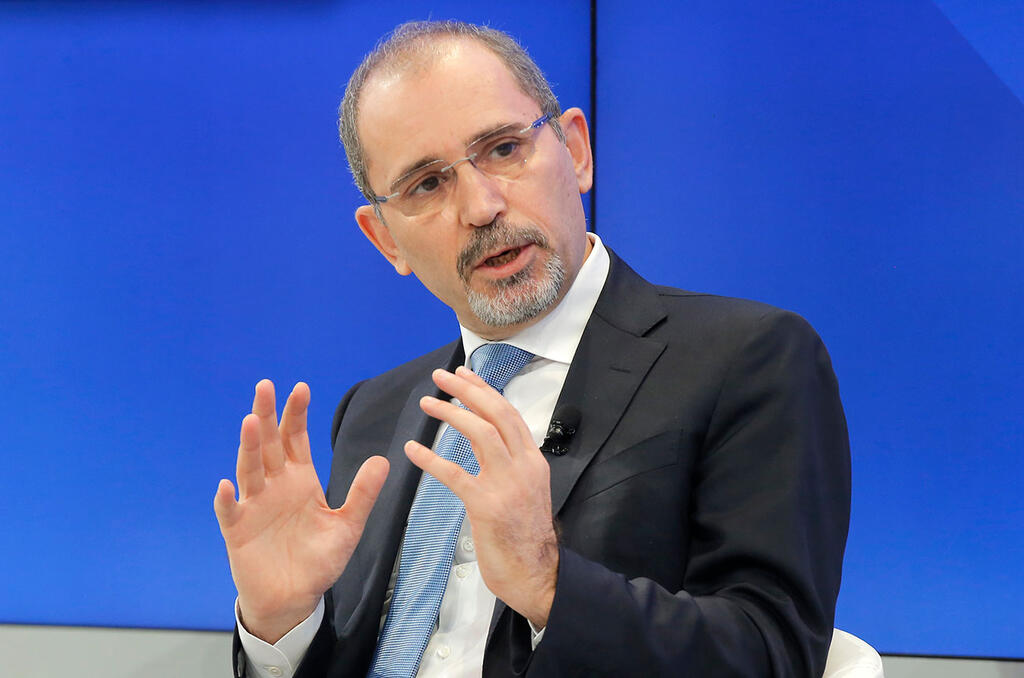Immediately after Netanyahu's speech at the UN, Jordanian Foreign Minister Ayman Safadi issued a statement that went viral: "We here, representatives of 57 countries of the Arab-Muslim Conference, hereby declare that we are all interested in guaranteeing the security of the State of Israel in the context in which Israel ends the occupation and allows the establishment of a Palestinian state."
Referring to Netanyahu himself, Safadi said: "He is the one who creates the danger to Israel because he is not interested in the two-state solution... All of us in the Arab world want peace, in which Israel lives in security and normalization relations with all Arab countries."
Sounds great. Much better than the protesters at Harvard and Columbia. But there's a problem. Safadi refers to the 2002 Arab Peace Initiative, which was also adopted by the Organization of Islamic Cooperation, which includes 57 countries.
The problem is that there is a huge difference between the Saudi initiative, which was not adopted at the summit in Beirut, and the "Arab Peace Initiative," which was adopted under pressure from the rejectionist countries.
The Saudi initiative does not include the right of return for Palestinians. The Arab Peace Initiative, on the other hand, includes not only Resolution 194, which means the right of return, but also opposition to granting citizenship to Palestinians in Arab countries.
These are not mere words. The Palestinians rejected the U.S. President Bill Clinton's plan, which was presented in December 2000. They made exaggerated demands at the Taba talks in 2001. They rejected Prime Minister Ehud Olmert's initiative in 2008. They rejected John Kerry and Barack Obama's proposals in 2014.
 Ben-Dror YeminiPhoto: Avigail Uzi
Ben-Dror YeminiPhoto: Avigail UziSo Safadi's remarks should be welcomed, but with a question: Do you mean two states, or two states for two peoples? Because the meaning of the first option is mainly a right of return, which would deny the right of a Jewish state to exist.
As far as the second option is concerned, it can be the beginning of a wonderful friendship. Here and there, it must be clarified, there were courageous Arab statements against the full realization of the right of return. But when the Palestinians came to the negotiating table, they always, but always, rejected any peace initiative. They want a state. And that's okay. But they want millions of Palestinians, that is, most Palestinians, to move to the neighboring country, Israel.
In simpler words, the elimination of Israel. This is not how peace is promoted. This is how they oppose peace based on the right of self-determination of both peoples.
- Ben-Dror Yemini is the author of the best-seller Industry of Lies.
Get the Ynetnews app on your smartphone:




